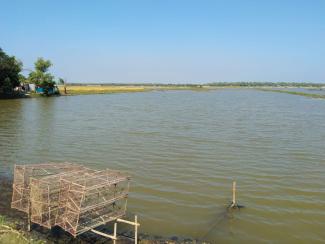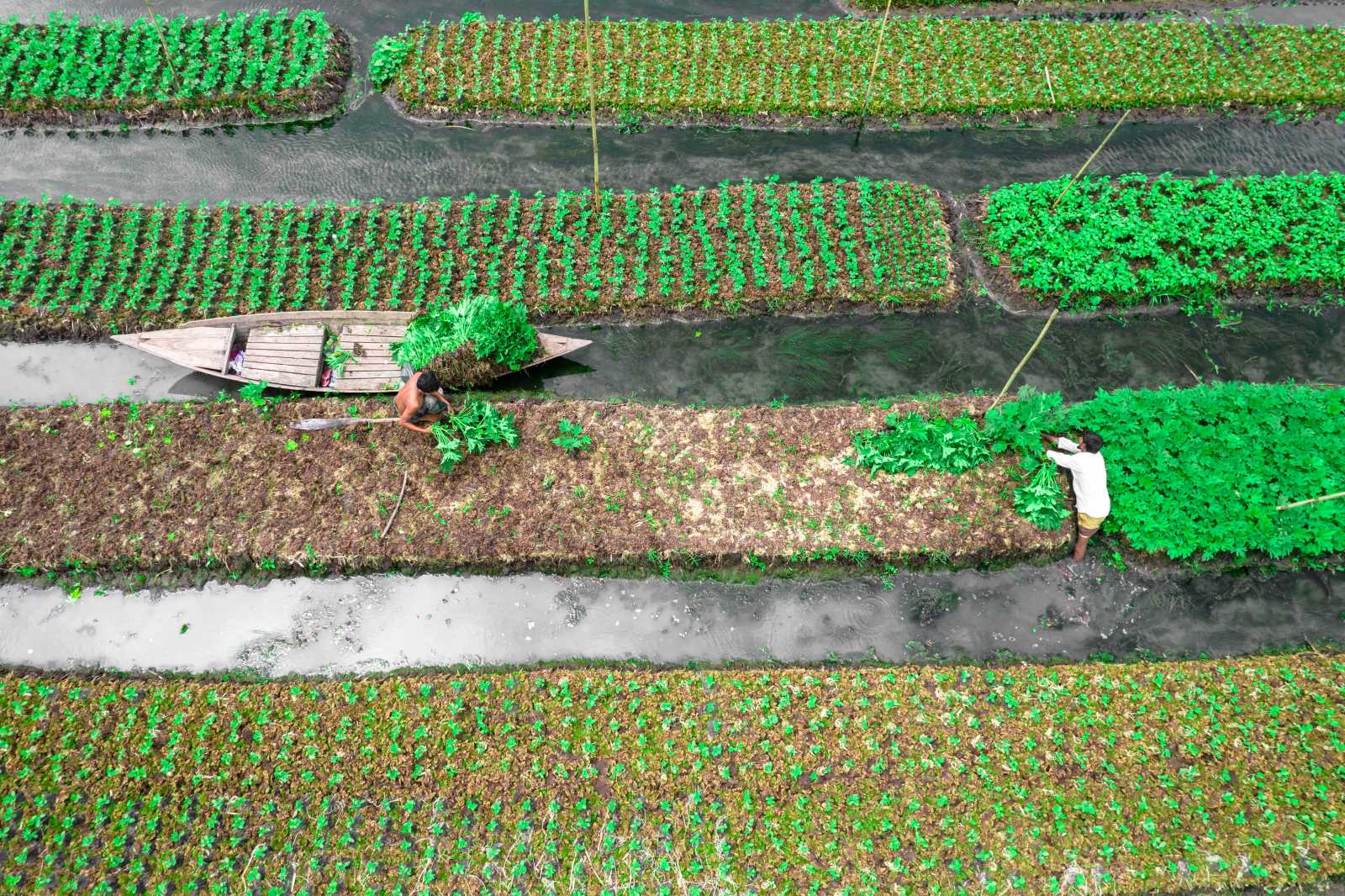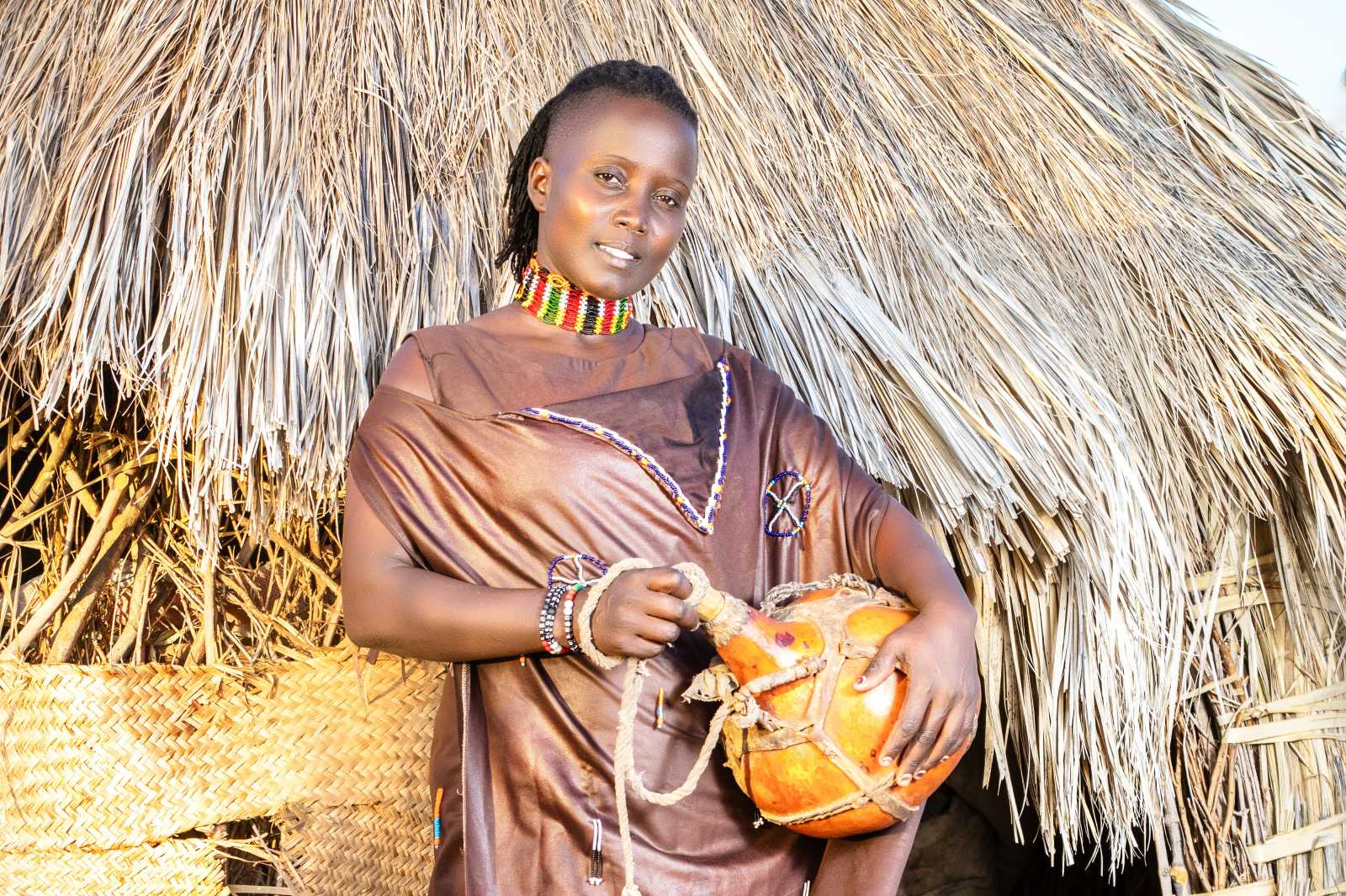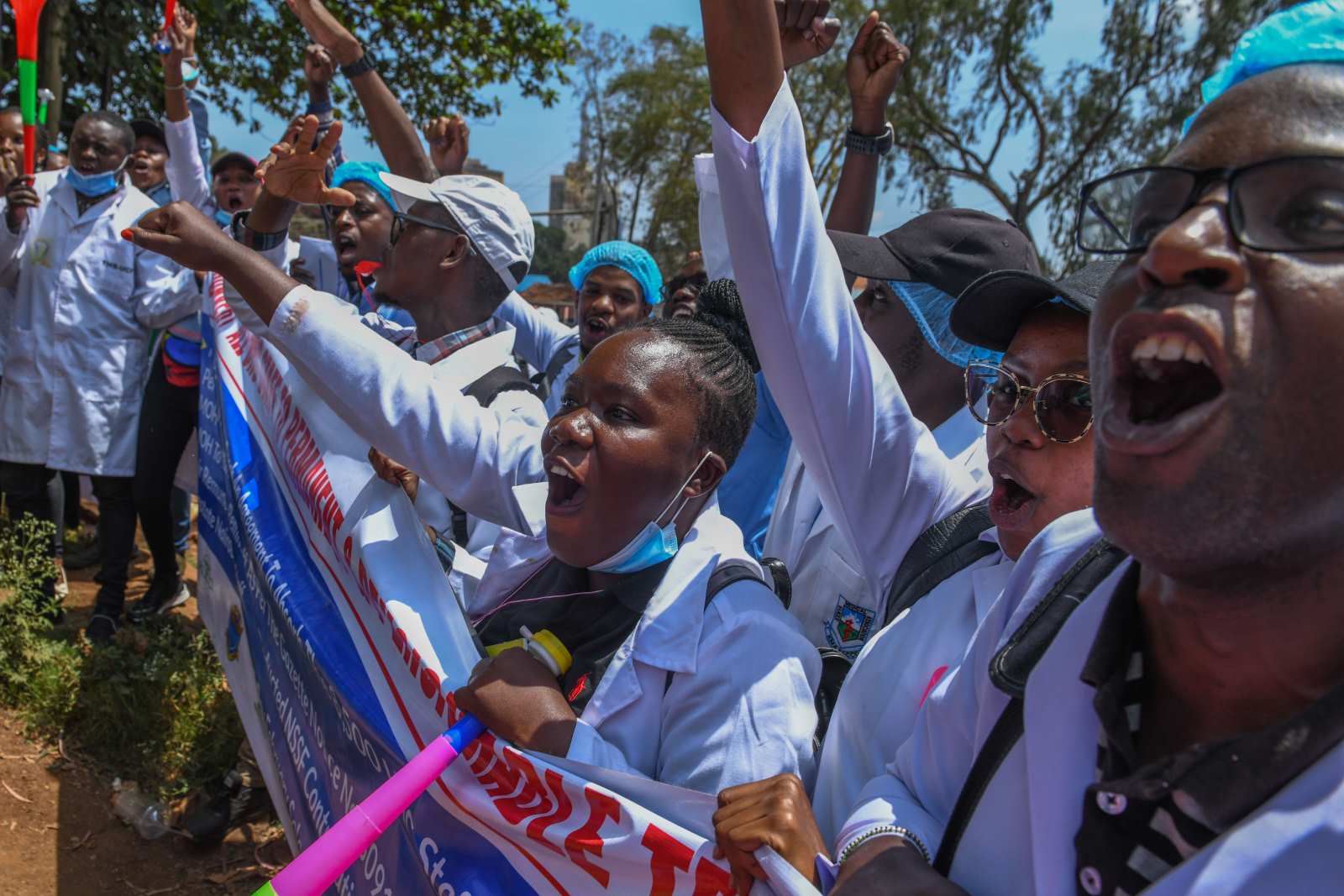Small-scale farming
Smart farming in Bangladesh

Rainwater harvesting is a prominent practice in the coastal region of Bangladesh where salinity intrusion is reducing the availability of fresh water in the dry season. A RWHS (rainwater harvesting system) collects rainwater from a catchment area which is sent into a reservoir for storage through pipelines. Later the stored water is filtered in a gravel filtration system. This cost-effective method is also popular in other regions, where digging ponds is difficult, for example.
Cage culture is a way to breed fish in enclosed river water. Fishing nets and/or bamboo cane can be used. The water passes freely, but fish movements are restricted. Typically, the method is used to cultivate freshwater fish. It is popular in flood-prone regions.
The floating garden is a traditional cultivation practice. Vegetables are grown on artificial islands which are made of organic materials such as water hyacinths. These materials form rectangular rafts, on which beds are created to cultivate vegetables. Spinach, okra, turmeric, potatoes and amaranth are crops that grow well in a floating garden.
Homestead gardening refers to the cultivation of subsistence crops such as vegetables and fruits at the household level. It has economic and nutritional benefits. In flood-prone areas homestead gardening is being practiced in sacks and mud bags for better mobility during flood. A new version of homestead gardening is roof-top gardening in urban areas.
Savio Rousseau Rozario coordinates the Locally Led-Adaptation (LLA) Programme at the International Centre for Climate Change and Development (ICCCAD) in Dhaka.
savio.rozario@icccad.org













